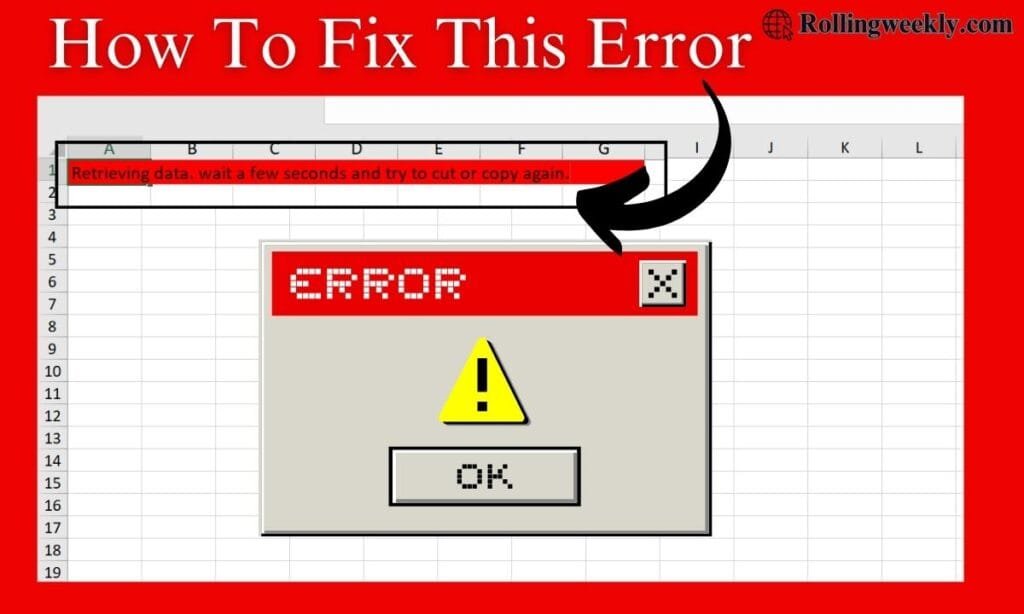In the pursuit of academic excellence or mastering new skills, efficient learning is crucial. With countless study methods available, it’s easy to feel overwhelmed by the options. However, one tried-and-true method stands out for its simplicity and effectiveness: flashcards. Flashcards have been a staple in education for years, and their impact on learning efficiency is undeniable. Whether you’re a student preparing for exams, a professional honing your skills, or a lifelong learner, flashcards can significantly enhance your ability to retain information and study smarter.
Why Flashcards Are So Effective
Flashcards leverage two key principles of cognitive science: active recall and spaced repetition. These principles are the backbone of efficient learning and memory retention.
Active recall is the process of actively retrieving information from memory rather than passively reading or listening to it. When you use flashcards, you’re prompted to recall the answer to a question or definition on the spot, which strengthens the neural connections associated with that knowledge. This method is more effective than simply reviewing notes because it forces your brain to engage with the material more deeply, making the information stick.
Spaced repetition involves reviewing information at increasing intervals over time. This technique combats the forgetting curve—a phenomenon where newly acquired knowledge fades from memory if not revisited. By spacing out review sessions, flashcards help reinforce the material in your long-term memory, making it easier to recall when needed, such as during exams or practical applications.
The Versatility of Flashcards
One of the greatest strengths of flashcards is their versatility. They can be used to study virtually any subject, from vocabulary in a new language to complex scientific theories. Flashcards allow you to break down information into manageable chunks, making it easier to digest and remember. Moreover, they are highly customizable to suit different learning styles. Visual learners can benefit from including images and color-coded cards, while auditory learners might find it helpful to read the cards out loud.
Another advantage of flashcards is their portability. Whether in physical or digital form, flashcards can be taken anywhere, allowing you to study on the go. This makes it easier to fit study sessions into your busy schedule, turning idle moments into productive learning opportunities.
How to Create Effective Flashcards
To maximize the benefits of flashcards, it’s important to create them effectively. Here are some tips:
- Be concise: Focus on one piece of information per card. This makes it easier to recall and reinforces the learning of specific facts or concepts.
- Use clear language: Write questions or prompts in simple, straightforward language. Complicated or ambiguous phrasing can hinder your ability to recall the information later.
- Include visuals: Where possible, add images, diagrams, or symbols to reinforce the information visually. This is particularly helpful for subjects that are visually oriented.
- Formulate questions: Turn facts into questions that require you to actively recall the answer. For example, instead of writing “Photosynthesis converts light energy into chemical energy,” write “What process converts light energy into chemical energy?”
- Review regularly: Incorporate spaced repetition into your study routine by reviewing your flashcards at regular intervals. This helps to reinforce memory and combat forgetting.
Digital Flashcards: Enhancing Learning with Technology
While traditional paper flashcards are effective, digital flashcards offer additional benefits that can further enhance your learning efficiency. Digital platforms allow you to create, organize, and review flashcards with ease, often incorporating spaced repetition algorithms that automatically schedule your review sessions.
For those who prefer studying from existing documents, tools like the PDF to Anki tool can be incredibly useful. This tool allows you to convert PDF documents into digital flashcards that can be easily reviewed on your computer or mobile device. Anki, a popular digital flashcard app, uses advanced algorithms to optimize your study schedule, ensuring that you focus on the material that needs the most attention. By integrating digital tools like Anki into your study routine, you can further streamline your learning process and maximize retention.
Incorporating Flashcards into Your Study Routine
To fully reap the benefits of flashcards, it’s essential to integrate them into your study routine effectively. Start by creating flashcards as soon as you begin learning a new topic or subject. This allows you to review the material regularly and prevents cramming before exams.
Consistency is key—make a habit of reviewing your flashcards daily or weekly. Use spaced repetition to focus on the cards you find most challenging, gradually increasing the time between reviews as you become more familiar with the material.
Additionally, mix up your study sessions by shuffling your flashcards regularly. This prevents you from memorizing the order of the cards rather than the content itself. Testing yourself with flashcards is a great way to monitor your progress and identify areas where you need further review.
Conclusion
Flashcards are a powerful tool that can significantly boost your learning efficiency and help you retain information more effectively. By leveraging the principles of active recall and spaced repetition, flashcards enhance memory retention and make studying more productive. Whether you choose traditional paper flashcards or take advantage of digital tools like Anki, integrating flashcards into your study routine is a smart strategy for success.
Remember to create concise, focused cards that challenge your memory, and review them regularly using spaced repetition. With consistent use and thoughtful application, flashcards can elevate your learning efficiency, helping you achieve your academic and personal goals.



